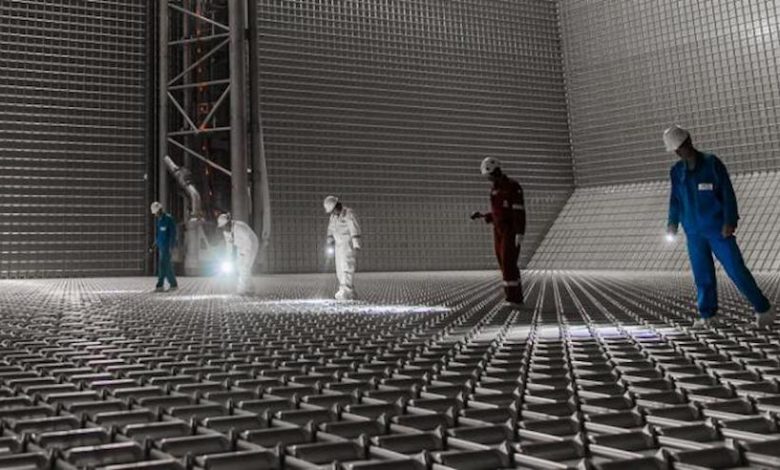
The French company that has led world shipping in terms of LNG construction is now making advances into the liquefied hydrogen (LH2) trades too.
Gaztransport & Technigaz (GTT), whose membrane containment systems have come to dominate LNG carriers this century, has been granted two approvals in principles (AIPs) from classification society DNV for the design of a membrane type containment system for liquefied hydrogen and for the preliminary concept design of an LH2 carrier. These approvals are part of the agreement with Shell, announced in February 2022, and pave the way for the next stages of the project.
As part of the energy transition to a carbon-free future, the ability to transport very large volumes of hydrogen in liquefied form at -253°C is one of the technological challenges to establishing a reliable, efficient and competitive hydrogen supply chain. Japan’s Kawasaki Heavy Industries has become the first company in the world to develop and operate an LH2 carrier. Many other companies are now looking to develop their own vessels and this nascent seaborne trade is forecast to take off.
Philippe Berterottière, chairman and CEO of GTT, said: “Our LH2 carrier development project with Shell is very promising and this first step confirms the reliability and relevance of our solutions as well as our determination to make this technology viable and quickly available to maritime transport and energy players.”
Carl Henrickson, a general manager at Shell International Trading and Shipping Company, said: “As we see it development of LH2 cargo containment systems is a key enabler to accelerating the energy transition for hard to abate sectors. We have been working with GTT since the early days of the first LNG carrier development, and it is great to see how their expertise can be applied to enabling liquid hydrogen transport. The efforts made by all to get this new membrane containment system through this key development hurdle has been considerable and a testament to the great working relationship between all involved. This technology will support the safe and efficient scaling of bulk liquid hydrogen transport by sea, which in turn will help unlock hydrogen as a fuel source for the future.”
